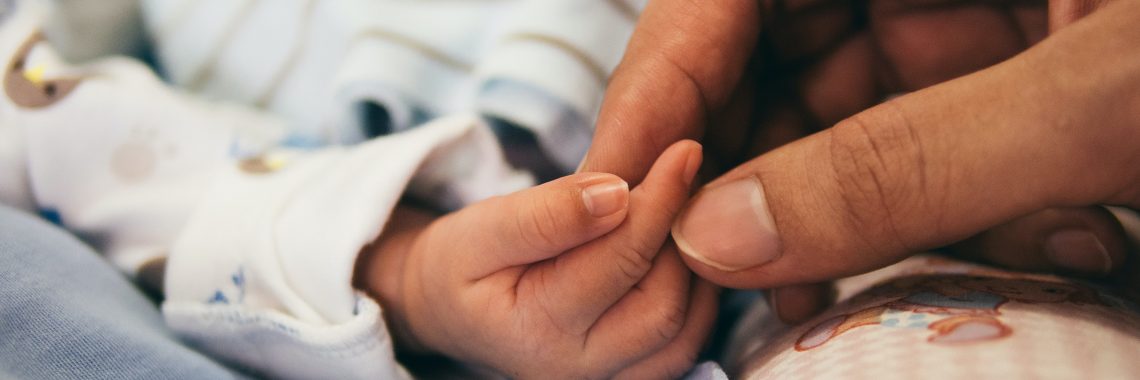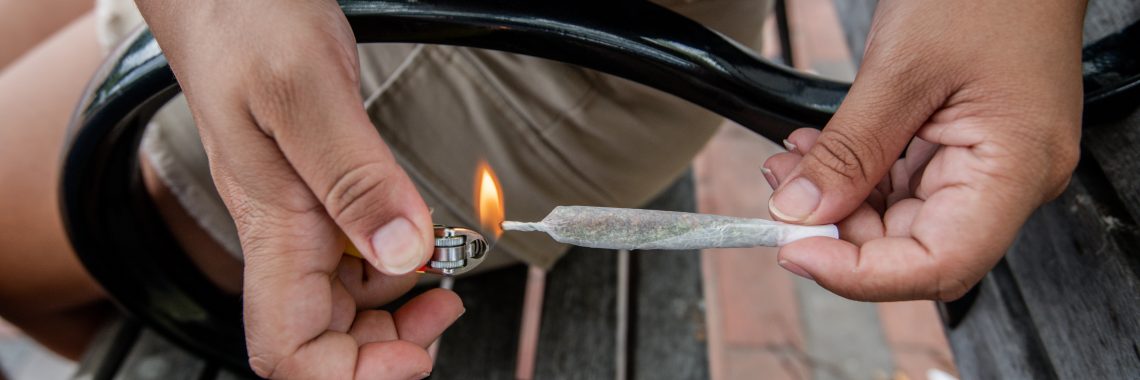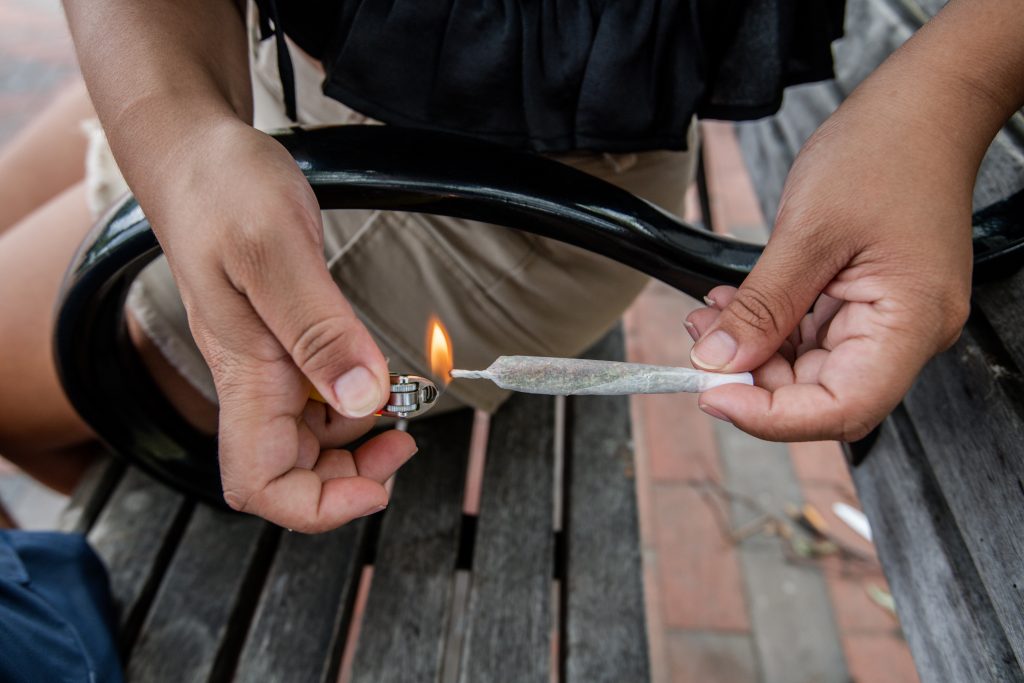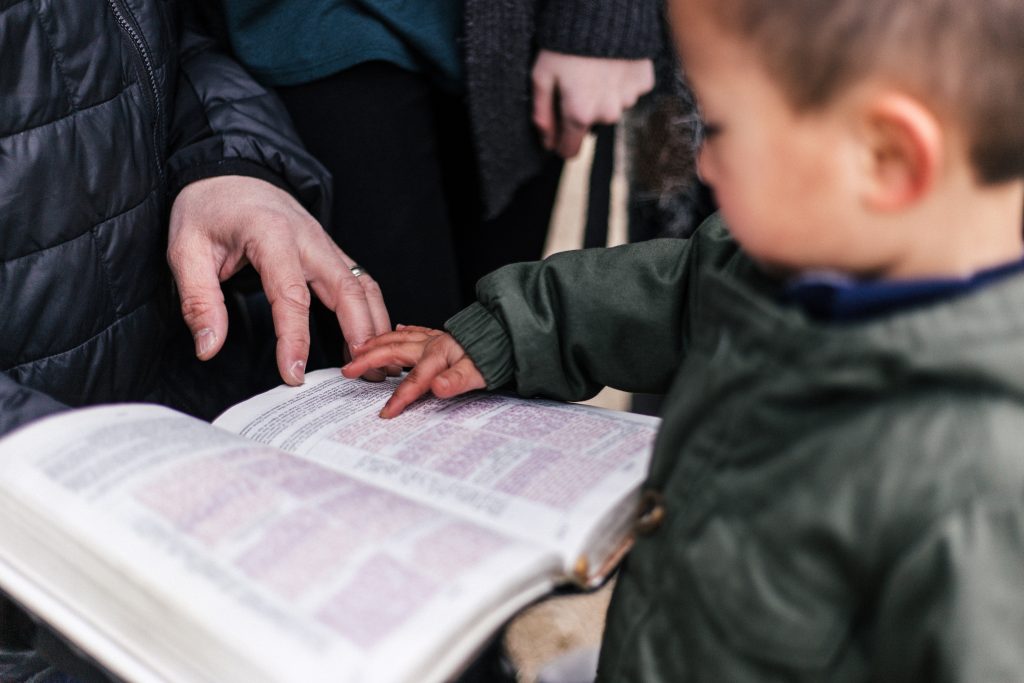Why There’s No Such Thing as “Surrogacy Gone Wrong”
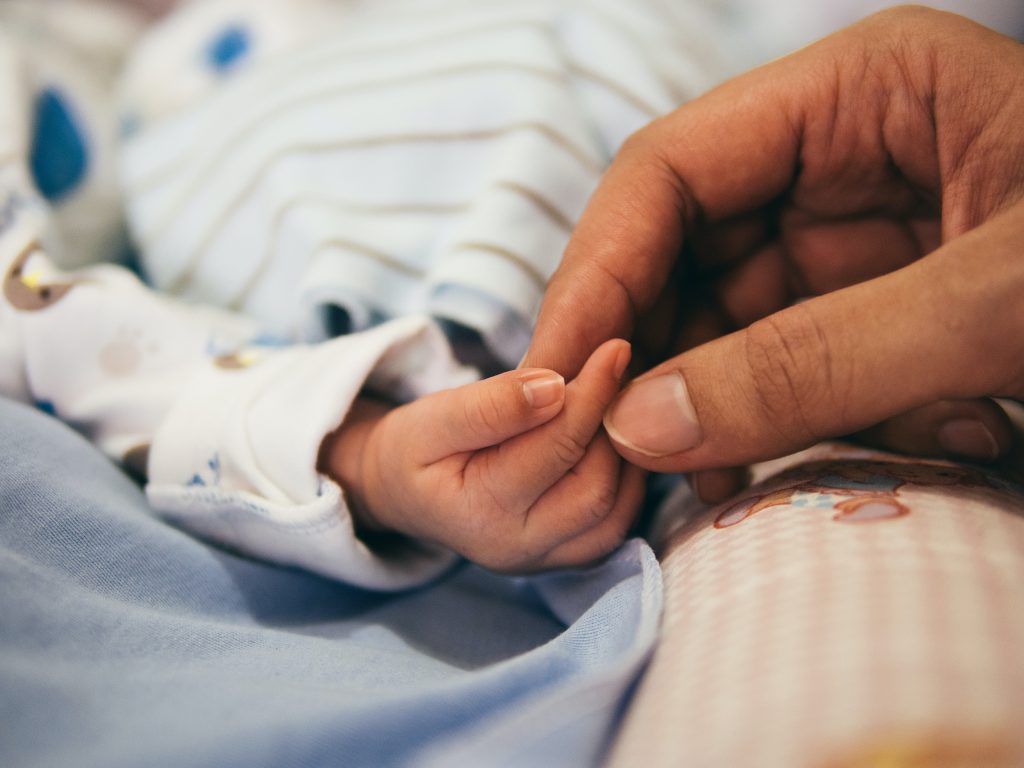
In the 22nd week of surrogate Brittney Pearson’s pregnancy, she was diagnosed with an aggressive form of breast cancer. Because the necessary treatment could harm the baby, her doctors recommended inducing labor early and allowing the baby to be cared for in neonatal intensive care while she started chemo. However, the gay couple paying Brittney Pearson to serve as their surrogate did not want a premature baby with potential developmental or health problems. They wanted her instead to have an abortion.
Pearson offered to put the baby up for adoption, but the men refused because, according to Pearson, they did not want a child who was genetically related to one of them somewhere “out there.” According to Pearson, the men threatened both her and her doctors with a lawsuit if she did not abort her child. Because of California’s radical surrogacy laws, which allow financiers of a surrogacy arrangement to be granted legal parental rights of the baby before he or she is born, they likely would have prevailed.
In an interview with Jennifer Lahl of the Center for Bioethics and Culture, Pearson told her story. Her son was born at 25 weeks of pregnancy, a gestational age that, thanks to advances in maternal medicine, children have survived. Though she has not publicly stated whether her son was killed before or after delivery, or whether he was given or denied the medical treatment a premature baby needs, she has confirmed that her son died the day he was born, which was Father’s Day.
Though, of course, not every surrogacy contract ends this way, Pearson is not the first surrogate mom pressured to kill her baby by those paying for it. However, it would be a profound mistake to think of hers as a case of “surrogacy gone wrong,” as advocates of the practice claim about stories like hers. Each and every moral violation that occurred along the way was not exclusive to Pearson’s unique circumstances. Rather, they are violations endemic to surrogacy itself, a practice that denies children the right to their mother and, at times, their father, and denies a mother the right to her own child. Children are treated as products to be purchased and arranged, subject to property laws and other legal realities long used to dehumanize certain individuals.
It’s jarring to hear these men talk of Brittney Pearson’s baby as if he were a lamp ordered off Amazon that was delivered broken. However, it is the surrogacy contracts signed ahead of time that treat human babies as commodities. If it seems like an obvious violation of human rights and God’s moral order for two men to demand that a woman have her baby killed, what should we make of the legal contract governing the baby’s creation, gestation, and delivery in the first place? If babies are treated like products and pregnancy like the means of production at the beginning of the surrogacy process, why would we expect things to be different at the end?
Human beings are made in the image and likeness of God. Thus, they should never be treated like any other thing.
Like the social research that shows how extended exposure to violent video games and media can desensitize people to actual violence, surrogacy is among those cultural realities that reveal how much our view of children has been desensitized by all that constantly reduces them to “things.” As one gay man who sued his employer last year for refusing to pay for him and his husband to hire a surrogate put it, children are just one of the modern “trappings” of “marriage,” like a “house, children, [and] 401k.”
The willful death of Brittney Pearson’s son is a tragic, but logical, escalation of the moral errors fundamental to surrogacy. As marriage and family are increasingly deconstructed, reimagined, and replaced in law, the demand for surrogacy will only increase, and more babies will face the same kind of danger as Pearson’s baby. If we don’t stand up for them, who will? And if we do, it will require standing against this practice, which is fundamentally disordered and always wrong, and not merely against selective cases.
This Breakpoint was co-authored by Maria Baer. For more resources to live like a Christian in this cultural moment, go to breakpoint.org.
Copyright 2023 by the Colson Center for Christian Worldview. Reprinted from BreakPoint.org with permission.

